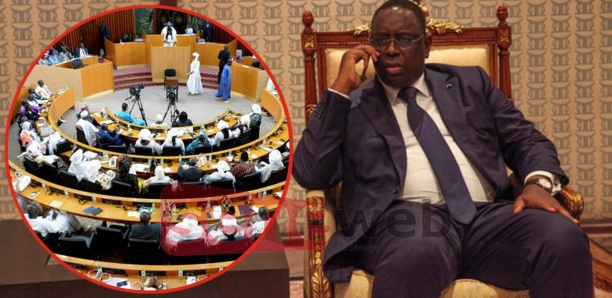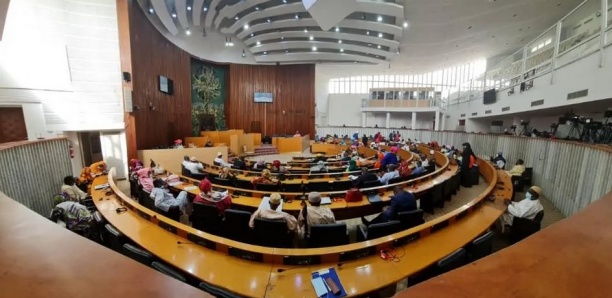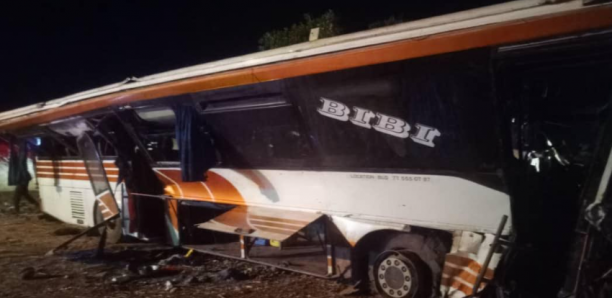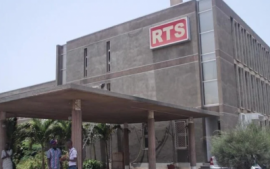
DAKAR, 31 May 2006 (IRIN/PLUSNEWS)- As the Senegalese authorities crack down against illegal migrants, destination country Spain has launched a high-profile diplomatic offensive to bolster cooperation with West African leaders.
“The only future for illegal migration is return - the alternative is death by drowning,” Spain’s Secretary of State for Foreign Affairs Bernardino Leon said on Wednesday. “Our two governments share the same humanitarian concerns.”
Speaking to reporters after meeting Senegal’s President Abdoulaye Wade, the minister said Spain had agreed to help Senegal to try to keep its people at home by funding a scheme to encourage 10,000 young people to return to the countryside to take up farming. Alarmed by the flood of migrants currently beaching in Spain’s Canary Islands, Madrid last week also dispatched a special ambassador to Senegal to deal with the crisis. Miguel Angel Fernandez Mazarambroz, who will start work next week, will head a team of diplomats who will help six West African countries combat illegal migration.
Alarmed by the flood of migrants currently beaching in Spain’s Canary Islands, Madrid last week also dispatched a special ambassador to Senegal to deal with the crisis. Miguel Angel Fernandez Mazarambroz, who will start work next week, will head a team of diplomats who will help six West African countries combat illegal migration.
Leon, who has visited Sierra Leone and Guinea-Bissau, and next goes to Gambia, said Spain as from today would begin repatriating from the Canary Islands 600 to 700 illegal migrants identified as being Senegalese.
Of the 700,000 illegal immigrants who recently were provided with papers allowing them to live legally in Spain, 30,000 were Senegalese, he said.
“Legal migrants from across Africa will be welcome. But neither Spain nor other regional governments can opt to risk lives in an impossible adventure, travelling 1,500 kilometres by sea in very difficult conditions,” he said.
Almost 9,000 illegal migrants have arrived in the Spanish Atlantic archipelago in the first five months of this year, almost as many as in 2002, a record-breaking year when 9,929 illegal migrants landed over 12 months.
According to the newly created Cell Against Illegal Emigration, some 2,000 people have been rounded up on beaches and in waters off the Senegalese coast in the last two weeks alone, the vast majority of them Senegalese, a few dozen from Ghana, Liberia and Cote d’Ivoire. The journey from Senegal to the Spanish islands, seen as a stepping stone to Europe, takes only a matter of days.
The Senegalese security cell, based at navy headquarters and involving police, gendarmes and fishing officials, says 60 suspected traffickers are in detention and that officers seized a score of boats, dozens of huge drums of petrol and large amounts of cash during the raids.
As of last weekend, 150 people had been charged and 50 found guilty of “clandestine migration organised by land, sea or air” and handed six-month suspended sentences. Two traffickers were sentenced to two-year jail terms.
The International Organisation for Migration (OIM) told IRIN that West Africans seeking a better life in Europe progressively abandoned old overland routes across northern Africa after security was tightened around the Morocco-based Spanish enclaves of Ceuta and Melilla in October 2005, when crowds of desperate would-be migrants attempted to crash barbed wire border fences there.
More and more would-be migrants from this destitute region, home to a handful of the world’s poorest nations, are opting instead for the sea route from the Atlantic seaboard to Spain’s Canary Islands, said OIM programme officer Vijaya Souri.
Early this year illegal migrants were all heading for the northern Mauritanian port of Nouadhibou. “But increased surveillance of the Canary Islands and Morocco by Mauritania, Morocco and Spain has pushed the flow further south,” Souri said in an interview.
“These last months departures have multiplied all along the Senegalese coast. They are more and more organised and more and more sophisticated, using satellite phones, GPS systems and bigger boats,” she added.
The OIM, which has set up a special fund to help migrants return home on a voluntary basis, needed extra finance to maintain the programme, she said.
To help Spain manage the flux of illegal migrants, seven of the country’s European Union partners will begin joint patrols with Madrid off the West African coast soon. Countries involved are Britain, France, Germany, Greece, Italy, The Netherlands and Portugal.






























0 Commentaires
Participer à la Discussion